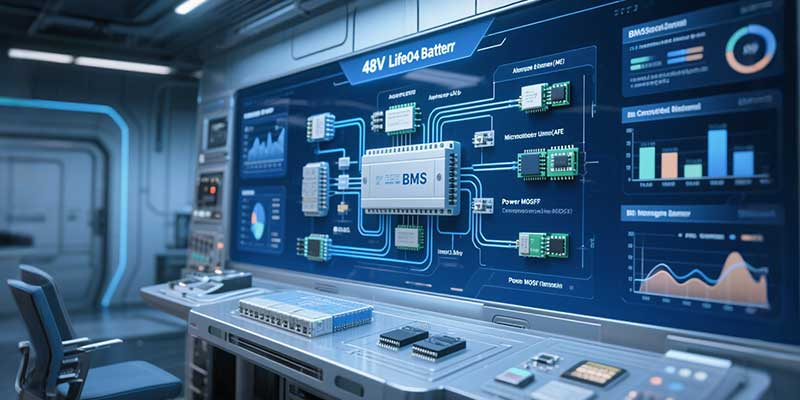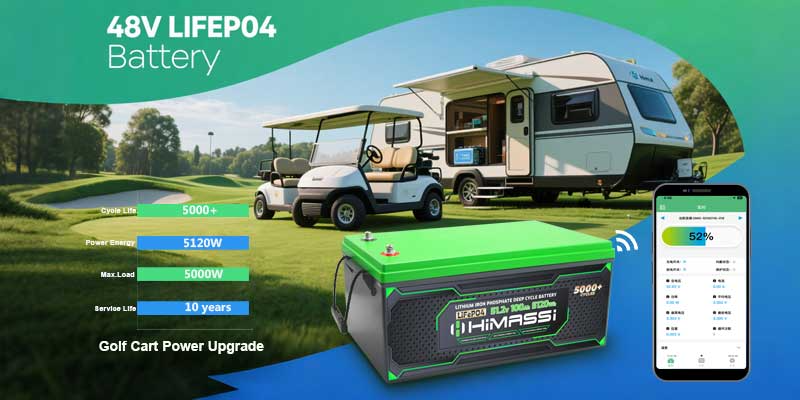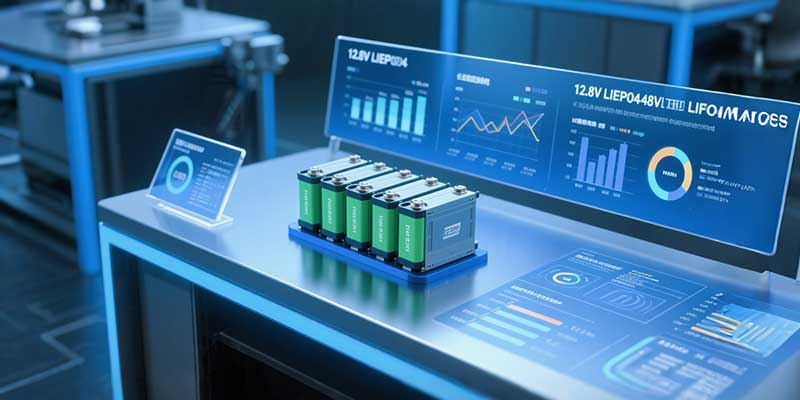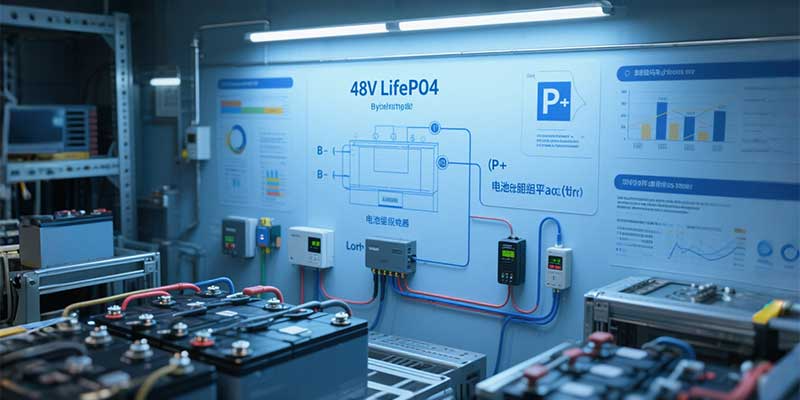Reliable Li-ion Battery Solutions for Portable Food Appliances
As modern lifestyles increasingly demand convenience and mobility, portable electric food processing devices like electric lunch boxes, portable electric pots, travel steam irons, and electric heating cups have become household essentials. At the heart of these compact appliances lies a powerful and reliable energy source — the 7.4V lithium-ion batteries.
With over 12 years of expertise as a rechargeable battery manufacturer, HIMAX ELECTRONICS specializes in producing high-capacity lithium-ion batteries that are perfectly suited for the unique power needs of these devices. As a battery factory with a strong R&D and production foundation, we deliver cost-effective, factory-direct pricing and customizable battery solutions to meet diverse client requirements worldwide.
Why 7.4V Lithium-ion Batteries are Ideal for Portable Food Devices
1. Compact Size & Lightweight Design
Our 7.4V batteries are engineered with portability in mind — making them ideal for handheld or travel-friendly appliances. With reduced size and minimal weight, these batteries do not compromise the ergonomics or aesthetics of devices such as:
- Electric heating lunch boxes
- Portable water boilers
- Mini travel steamers
- Heated travel mugs
2. High Energy Density = Longer Working Time
With capacities ranging from 8Ah to 13Ah, our 7.4V lithium-ion batteries can power food appliances for extended hours without frequent recharging — a key advantage for travelers, office workers, or outdoor users.
3. Rechargeable and Environmentally Friendly
Unlike disposable batteries, lithium-ion packs are rechargeable for 500+ cycles, reducing electronic waste and offering a cost-effective long-term solution for OEMs and consumers.
4. Safety and Stability
Our batteries include customized BMS (Battery Management System) that ensures safety features such as:
- Over-charge protection
- Over-discharge protection
- Short circuit protection
- Thermal stability
This makes them safe to use in food-related appliances even in enclosed or high-temperature conditions.
5. Customization and OEM Capability
We provide OEM/ODM services tailored to client-specific product dimensions, connectors, discharge rates, and certifications (UN38.3, MSDS, CE, UL on request).

Product Comparison Table – 7.4V Lithium-ion Batteries
| Model | Nominal Voltage | Capacity (Ah) | Max Discharge Current | Dimensions (mm) | Weight (g) | Typical Applications |
| 7.4V 8Ah Battery | 7.4V | 8Ah | 8A | 70x40x30 | ~350g | Electric Lunch Box, Heating Cup |
| 7.4V 10Ah Battery | 7.4V | 10Ah | 10A | 75x45x35 | ~420g | Portable Pot, Heated Mug, Steam Iron |
| 7.4V 13Ah Battery | 7.4V | 13Ah | 13A | 80x50x40 | ~490g | Portable Blanket, High-Power Devices |
HIMAX ELECTRONICS – Your Trusted Battery Manufacturer
As an ISO-certified battery manufacturer based in China, HIMAX ELECTRONICS has served global customers for more than a decade, especially in the portable home appliance and consumer electronics sectors. Our dedicated factory, complete with automated welding machines, aging equipment, and advanced test lines, ensures strict quality control and fast lead times.
We are proud to:
- Be thelong-term battery supplier for a leading electric lunch box brand LunchEAZE.
- Offer bulk production capabilityfor high-volume orders.
- Deliver competitive pricesthanks to our direct factory model.
- Provide full technical supportfrom design to delivery.
Application Highlights
✅ Electric Lunch Box:
Continuous heating for 2–4 hours
Compact fit inside inner housing
Safe operation with food-grade materials
✅ Portable Electric Pot:
High current output to boil small quantities quickly
Reliable performance even during outdoor use
✅ Electric Heating Cup:
Warm beverages on-the-go
BMS ensures safe internal heating
✅ Travel Steam Iron:
Instant heating capability
Lightweight, doesn’t add to luggage burden
✅ Portable Electric Blanket:
Extended warmth for 6–8 hours
Especially ideal for camping or long drives

Choose the Right Battery Partner – Choose HIMAX
Whether you’re a device brand, appliance manufacturer, or OEM project developer, HIMAX ELECTRONICS delivers reliable, affordable, and scalable battery solutions. With a wide range of custom 7.4V lithium-ion battery packs and a decade-long track record, we are the go-to partner for your food processing equipment power needs.
Ready to upgrade your product’s battery performance?
Contact HIMAX ELECTRONICS for datasheets, samples, and quotations.



























